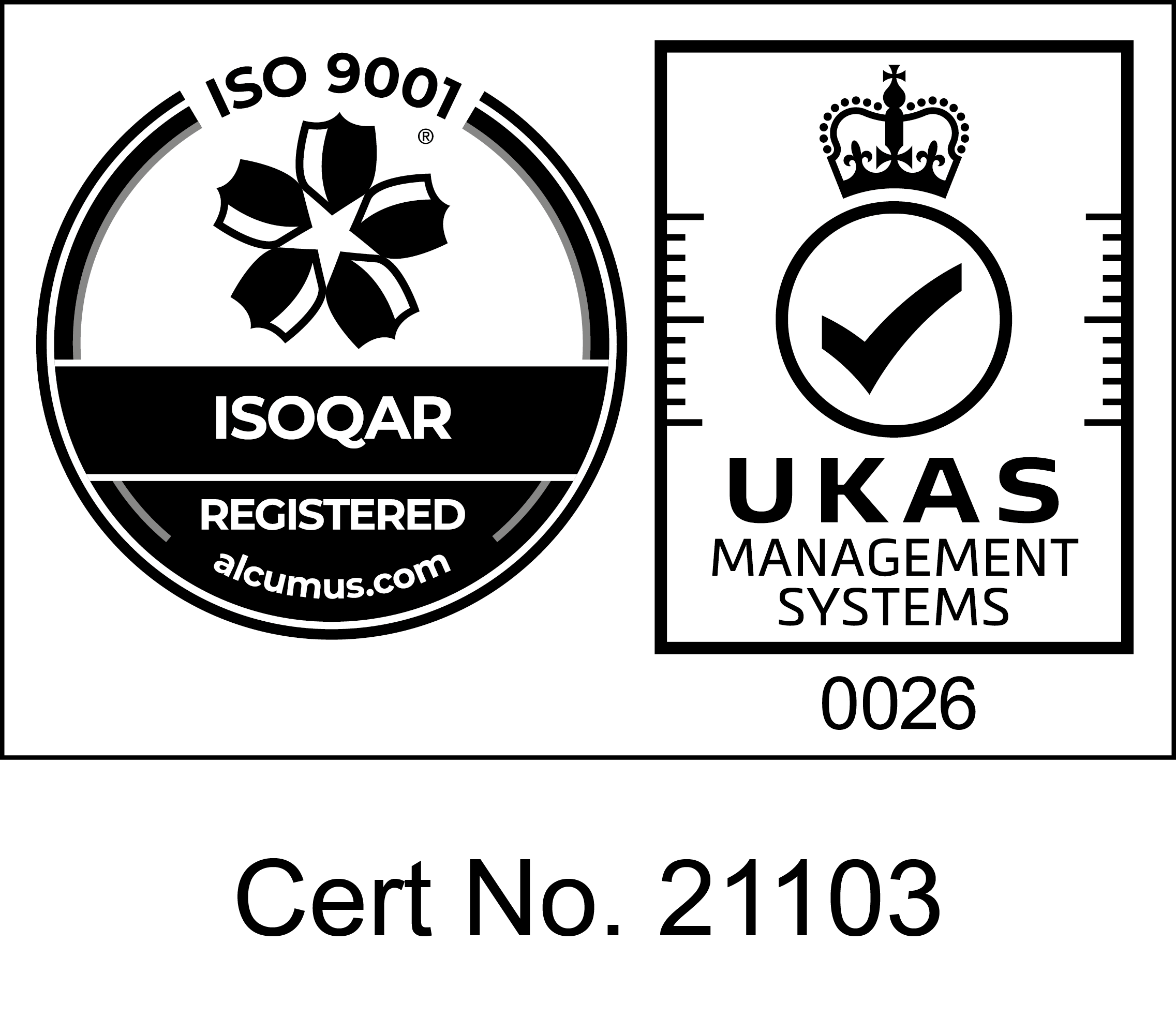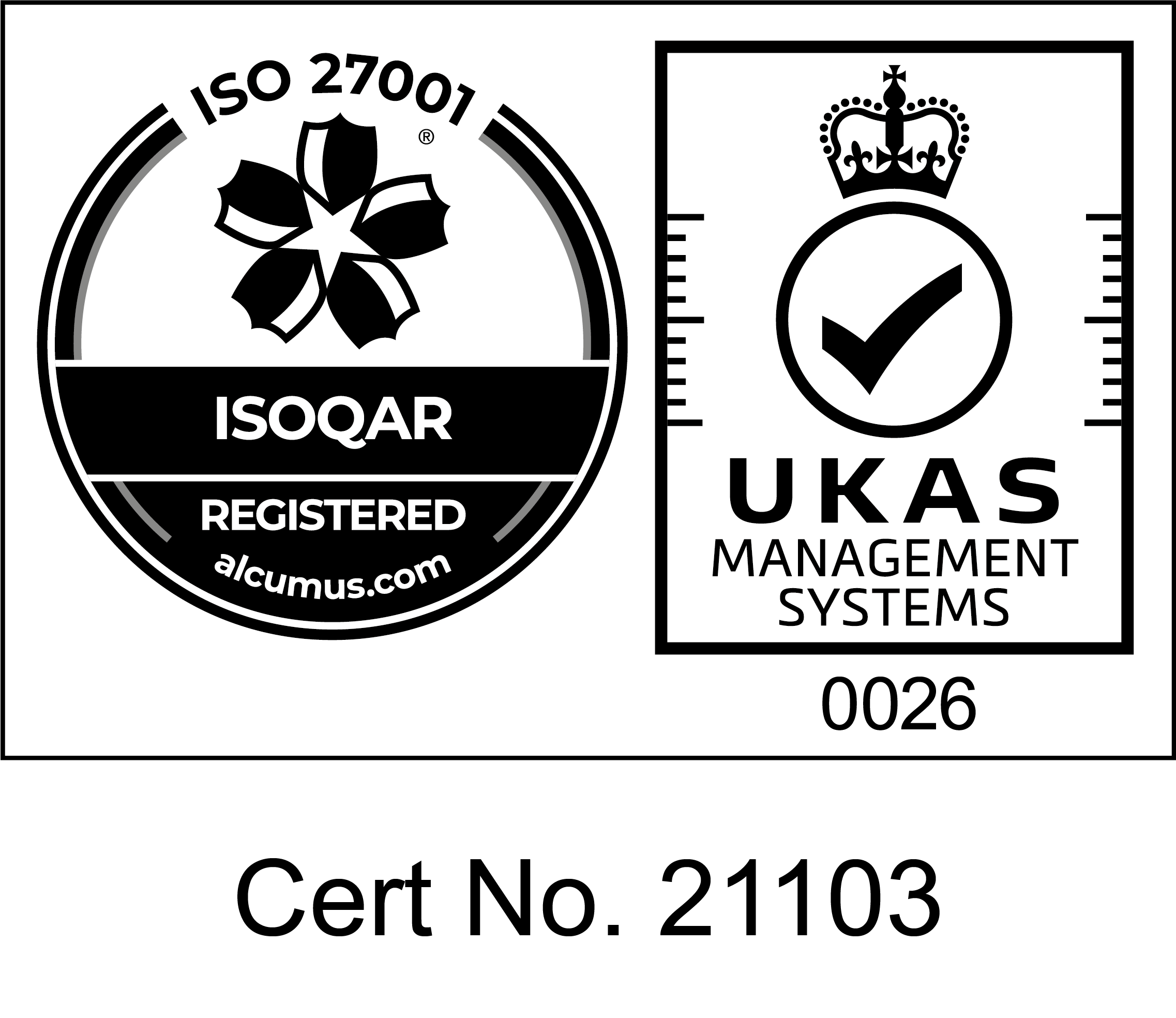Procurement is critical to any organisation's success, and supplier relationship management (SRM) is crucial in achieving it. In a recent Procurement Reimagined podcast episode, Matthew Booth emphasised the importance of SRM in achieving sustainability goals.
He highlighted the need for long-term relationships built on trust and collaboration.
Yet, there has been one major challenge to getting SRM off the ground and implemented across organisations: it’s never a priority.
Organisations and procurement teams understand and acknowledge that adopting SRM could be highly beneficial. But it takes time and effort, and there are cost barriers to implementation with this.
Especially as the ROI is difficult to predict.
But as we consider the procurement maturity curve SRM becomes hard to ignore. Matthew noted during our conversation that we aren’t reimagining SRM in any way. The reimagination element of our conversation was centred around implementing SRM properly in the first instance.
I agree with this. So let’s check out the five ways to reimagine procurement with SRM.
1- Build strong relationships with Vendors
Procurement often focuses on short-term gains, such as cost savings. This is due to cost savings being an early value generator in the maturity cycle most procurement teams move through.
However, building long-term relationships with vendors can lead to more significant benefits in the future such as profit sharing, new products, go-to-market enablement, and R&D innovation that might be impossible to do in-house.
The upside of this is that you can set your organisation apart from its competitors.
When you have this relationship, it makes working together infinitely easier. Especially if you come across any challenges, poor performance, or need to pivot because of internal or external forces.
Proactive relationships with vendors are better than reactive ones.
2 - Develop a Vendor segmentation strategy
Not all vendors are created equal, and organisations must identify which vendors are most critical to their success.
This requires a supplier segmentation strategy considering strategic importance, risk, and innovation potential.
Vendor segmentation is the categorisation of your vendors by their importance to your organisation.
Traditional methods of doing this are based on annual contract spend, risk profile, and the types of goods or services provided. More organisations are looking at elements such as cyber and ESG in their segmentation models now.
If you don’t segment your vendors you cannot implement SRM. SRM is a time & resource-hungry strategy and you can only deploy it with a small percentage of your vendors. Typically, those that are considered to be the most important to your success moving forwards.
3 - Leverage the power of data

Data is an essential element in any SRM initiative, and organisations need to invest in tools and processes that enable them to collect and analyse supplier data effectively.
This includes data on vendor performance, sustainability metrics, and risk management. Too many teams languish in the status quo of spreadsheets.
I’ve used a mixture of procuretech and spreadsheets throughout my Procurement career and even the procuretech that wasn’t amazing still had more upsides to it that a manual database.
You’ll need good data to undertake the segmentation work I highlighted in point three. You’ll need to analyse data and get insights from it around cost, risk, resilience, capacity, cyber, ESG & more to implement an SRM programme that delivers value to your organisation.
Utilising a platform like Gatekeeper, where all of your important data is stored and updated as you work through your vendor and contract processes, is a good way to start leveraging data to implement an SRM strategy.
4 - Prioritise collaboration
SRM is not just a function of procurement; it requires collaboration across departments and functions.
Organisations prioritising collaboration can achieve greater success in their SRM efforts by breaking down silos and encouraging cross-functional communication and cooperation.
In short, you’ll need to make SRM an organisation-wide initiative and not just another procurement initiative as it will fail. A social contract, an internal charter, and a clear RACI are ideal concepts to introduce to get team members aligned here.
This is normally where SRM fails: before it even starts because this team cannot be brought together.
You’ll need to have a C-Suite/Leadership Team sponsor to spearhead this forward and bring the organisation along with them. A top-down approach as opposed to bottom-up is your best bet.
5 - Continuously measure and improve
SRM is an ongoing process that requires continuous measurement and improvement. It allows you to assess how your vendors are interacting with the programme outside of your standard vendor and contract lifecycle management tasks.
You’ll want to understand the difference in performance in various areas before and after the SRM programme started with a view into the improvements within your organisation and the vendor's service to you.
Summary
Reimagining procurement with SRM requires a shift in mindset from short-term gains to long-term relationships, using digital tools to support SRM efforts, a culture of collaboration across the organisation, and continuous measurement and improvement.
It isn’t easy.
It shouldn’t be done too soon in your maturity journey. But as you exhaust the value your procurement team can extract from the supply chain, it might be an ideal method to do more for your organisation.
Listen to the full episode here and if you are looking for a way to consolidate everything about your vendors and their contracts, book a call with a Gatekeeper expert here.






















%20(1).png)